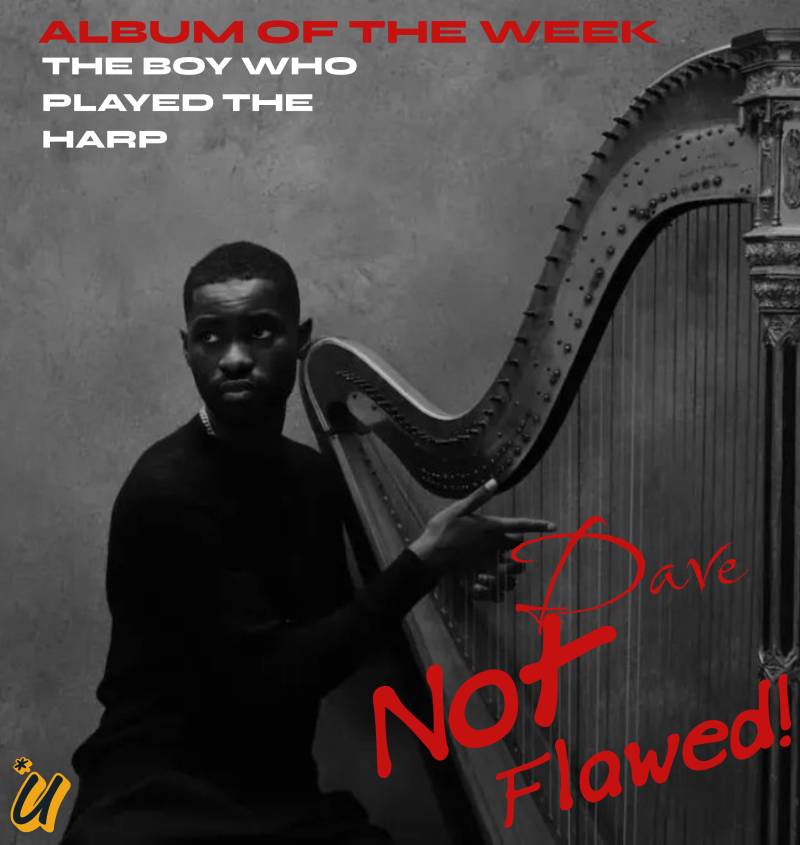For patrons of Hong Kong's bars and speakeasies, Eli Zaelo probably looks familiar. Pre-Covid, the 27-year-old South African singer was a fixture in Hong Kong's modest live music scene, performing jazz, blues and R&B tracks in English at venues across the city.
But now, Zaelo has her sights set on a growing market: earlier this year, she released an R&B ballad in Mandarin, "Aiqing Gushi" ("Stories About Love").
Blending reggae, R&B, house and African instrumentation into her pop tracks, Zaelo credits her experience living on three different continents for her varied musical style.
Born in Pretoria, South Africa, Zaelo studied at Los Angeles College of Music, and after graduating, moved to Hong Kong for a role in Hong Kong Disneyland's Lion King musical. It was here she was introduced to Chinese pop, known as C-Pop, which includes songs in Cantonese and Mandarin.
"I'm just studying the (Mandopop) greats and seeing how they did it. Hopefully, I can follow in their footsteps."
Eli Zaelo, singer-songwriter
Cantopop dominated the market in the '70s and '80s, but record sales began to decline in the early 2000s, making space for Mandopop's popularity to surge, with a larger market, of nearly one billion native speakers. Chinese music streaming companies, such as Tencent, are aiding market expansion: China's rapidly growing digital music industry, estimated to be worth roughly $2 billion in 2020, is expected to double by 2022, as the coronavirus pandemic accelerates demand for home-grown talent.
When Zaelo began to learn Mandarin -- which is often considered easier to pick up than Cantonese -- it was just for conversation. But then her tutor found out she was a singer, and introduced her to the music of Taiwanese star Teresa Teng.
Eli Zaelo started learning Mandarin in 2017.
"My tutor said, 'How about you listen to the song, and if you like it, I'll teach you how to sing it?' I closed my eyes and I heard something that just literally made my heart flutter," said Zaelo.
Overcoming the language barrier
The language barrier is one of the main challenges for artists hoping to enter the largely homogenous Chinese-language music scene, said Robin Ch'i, head of artists and repertoire for Warner Music Hong Kong (not related to WarnerMedia, CNN's parent company). Chinese-language pop is lyrics-driven, Ch'i said, adding that one of the difficulties foreign artists face is conveying their message authentically.
How synesthesia helps artist Prince Gyasi turn his work into 'color therapy'
It's not impossible, though: US singer-songwriter Alec Benjamin released a Mandarin version of his new single just this month, and British indie band Transition have gained popularity in Taiwan over the past decade with their original Mandarin songs. Ch'i said foreign artists can't rely on the "novelty factor" of singing in Mandarin or Cantonese -- the songs have to stand on their own.
But Zaelo's music style and international influences "bring something new to the table," said Ch'i. "She might be the bridge between cultures."
Zaelo works closely with her private tutors, who help to write her original Chinese-language songs.
"I keep my tutors as my friends because I want them to understand my personality and how I would say something, so sometimes they give me suggestions, as opposed to just direct translations," she said.
Based in Hong Kong, Zaelo has released two Mandopop songs so far.
A "humbling" response
Zaelo hasn't been deterred by the lack of diversity in the Mandopop market, instead seeing it as an opportunity to bring something new to the genre.
The reaction has been largely positive, although some have been "dismissive," Zaelo said. She said that while racism could be a factor, she "doesn't want to internalize that" and let it distract her from her end goal. "No matter who you are, no matter how great of a musician you are, somebody somewhere will not be a supporter. So I take (criticism) as that," she said. "It won't change what I'm set out to do."
While her English tracks are more experimental and blend different genres and styles, Zaelo is taking a more traditional approach to Mandopop. "I'm still new at it. I want to honor it," she said. "Perhaps if I'm more established later, then I can take more risks, but right now, I try to really follow, listen and learn."
Thuso Mbedu went to a dark place in 'The Underground Railroad' and emerged a star
Her first two singles, "Stories About Love" and an upbeat English house track, "Human," have garnered more than 58,000 views on YouTube in less than six months, and Zaelo has caught the attention of local media, including Hong Kong's TVB Pearl, as well as plenty of coverage in South Africa.
"I'm hoping it will open up the doors to other people who have thought about doing it, and maybe it will spark something in them."
Eli Zaelo, singer-songwriter
Zaelo has received messages of support from other non-native speakers living in or around the region. "I actually had a young African American student reach out to me from China who said, 'Oh, my goodness, I've been thinking about singing in Chinese, but I wasn't sure.' Those messages are just so humbling," said Zaelo. "I'm hoping it will open up the doors to other people who have thought about doing it, and maybe it will spark something in them."
Once Covid restrictions lift on live performance, Zaelo is eager to continue performing. "I just can't wait to get back on stage, because then a lot more of my personality can come through," she said.
The South African singer plans to continue releasing double singles throughout the year (one in English, one in Mandarin) and grow her following in Hong Kong, Mainland China and the rest of Asia.
"I'm just studying the (Mandopop) greats and seeing how they did it. Hopefully, I can follow in their footsteps," she says. "If your music speaks to people, you'd be surprised at how much they open up their hearts to you."
This story has been updated to clarify that Eli Zaelo isn't the first Black female artist to release an original track in a Chinese language.
SOURCE : CNN




